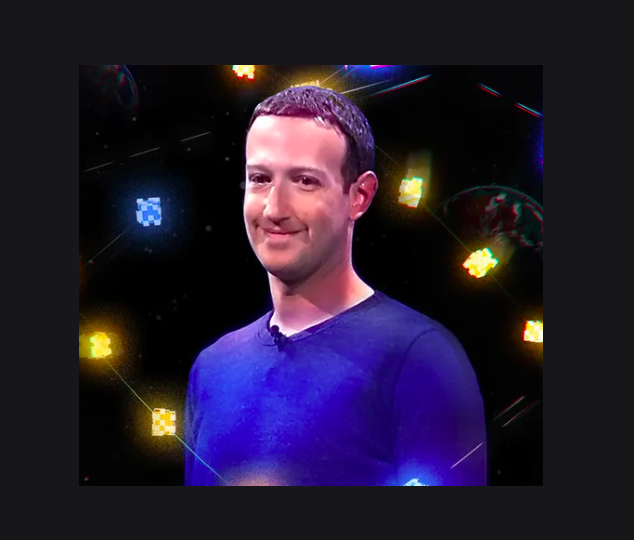Transformation in the journey of a company is another way to reinforce its importance and customer-centricity. Facebook CEO Mark Zuckerberg is very clear on that and declared that Facebook would strive to build a maximalist, interconnected set of experiences straight out of sci-fi — a world known as the metaverse.
Metaverse refers to a convergence of physical, augmented, and virtual reality in a shared online space. The word started getting wide acceptability after it is used by in the science fiction novel Snow Crash written by Neal Stephenson in 1992.
In an interaction with employees, he made it clear that the company’s divisions focused on products for communities, creators, commerce, and virtual reality would increasingly work to realise this vision.
“What I think is most interesting is how these themes will come together into a bigger idea. Our overarching goal across all of these initiatives is to help bring the metaverse to life,” said Mark Zuckerberg. “What is the metaverse? It’s a virtual environment where you can be present with people in digital spaces. You can kind of think of this as an embodied internet that you’re inside of rather than just looking at,” he said.
The metaverse has to span the physical and virtual worlds; contain a fully-fledged economy; and offer “unprecedented interoperability” — users have to be able to take their avatars and goods from one place in the metaverse to another, no matter who runs that particular part of it.
The metaverse offers Facebook an opportunity to draw a line between Facebook moonshot efforts and its core business, building a wide-reaching hub that shines on augmented reality and virtual reality platforms but feels just as friendly on mobile and desktop.
It is certain that no one company will run the metaverse and it will be an “embodied internet” and operated by many different players in a decentralised way. Metaverse will bring enormous opportunity to individual creators and artists; to individuals who want to work and own homes far from today’s urban centers.
Zuckerberg’s announced intention to build a more maximalist version of Facebook, spanning social presence, office work, and entertainment, comes at a time when the US government is attempting to break his current company up.
His decision comes at a time tech giants are still grappling with two-dimensional versions of social platforms and experts say 3D versions could be exponentially harder. Also, concepts like embodied internet, the governing methodologies and gender imbalance in virtual reality will have to be addressed.
Facebook has been signaling its continued interest in this metaverse space. In June they bought a Roblox-like platform called Crayta for an undisclosed sum, and they’ve spent much of the last several years buying up a host of VR-focused game studios.
The company has tried to build its own VR-centric social hubs but most have fallen flat. Facebook’s metaverse-like Horizon platform garnered major headlines when it was announced nearly two years ago, but the company has had little to say during its exceedingly quiet beta period. This week, Facebook’s Andrew Bosworth detailed that Gaming VP Vivek Sharma would be taking over the effort under a new metaverse-centric product group led by Instagram’s Vishal Shah.





